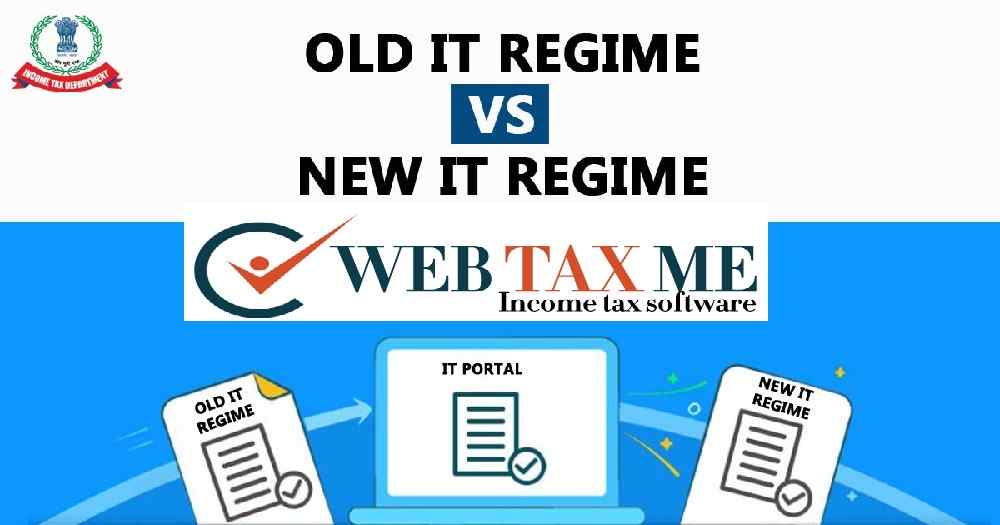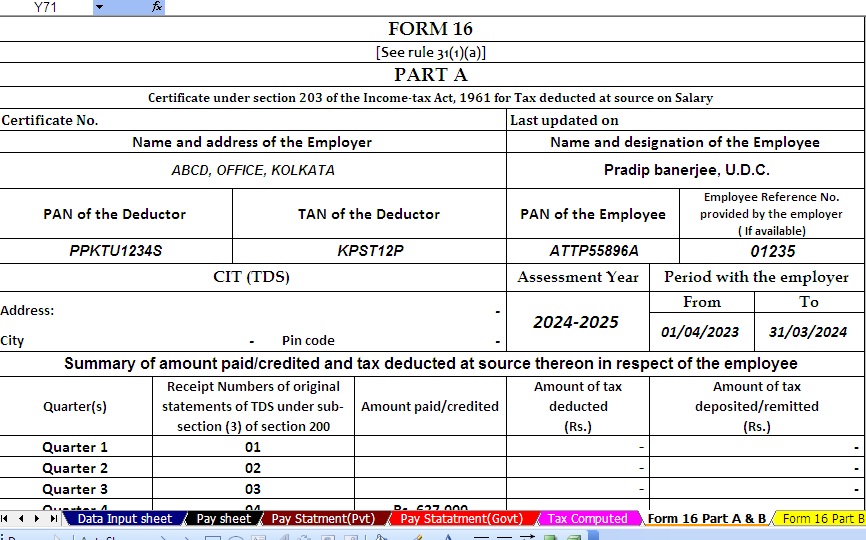Introduction
In the realm of personal finance, tax preparation is a critical process that demands careful attention and
strategic planning. As tax laws continue to evolve and become increasingly complex, understanding the
nuances of tax preparation has never been more important. In this comprehensive guide, we will delve
into the world of tax preparation, demystifying the process and providing valuable insights to help you
navigate this annual ritual seamlessly.

Table of Contents
Understanding Tax Preparation: An Overview
Gathering Essential Documents for Tax Filing
Choosing Between Standard Deductions and Itemized Deductions
Exploring Tax Credits and Deductions: Maximizing Your Savings
Navigating Self-Employment Taxes: A Guide for Freelancers
Tax Preparation Software: A Modern Approach to Filing Taxes
The Role of Tax Professionals: When to Seek Expert Assistance
Avoiding Common Tax Preparation Mistakes
Tax Planning: Strategies for Future Financial Well-being
Tax Audits: What You Need to Know to Stay Prepared
State Taxes: Understanding and Managing Regional Tax Liabilities
Tax Implications of Life Events: Marriage, Parenthood, and More
Tax-Advantaged Investments: Building Wealth while Reducing Tax Burden
Ethical and Legal Approaches to Tax Optimization
Remaining Knowledgeable: Staying Abreast of Tax Law Revisions
Understanding Tax Preparation: An Overview
Tax preparation is the process of organizing and filing your financial information to comply with the
legal requirement of paying taxes. It involves calculating your tax liability, ensuring accurate
documentation, and submitting the necessary forms to the appropriate tax authorities. A well-prepared
tax return can lead to minimized tax liability and potentially larger refunds.
Gathering Essential Documents for Tax Filing
Before you embark on your tax preparation journey, it's essential to gather all the necessary documents.
These may include W-2 or 1099 forms from employers, receipts for deductible expenses, records of
charitable contributions, and any relevant financial statements.
Choosing Between Standard Deductions and Itemized Deductions
One crucial decision during tax preparation is choosing between the standard deduction and itemized
deductions. The standard deduction is a fixed amount that reduces your taxable income, while itemized
deductions allow you to claim specific expenses. Deciding which method to use can significantly
impact your tax liability.
Exploring Tax Credits and Deductions: Maximizing Your Savings
Tax credits and deductions are powerful tools for reducing your tax burden. Tax credits directly lower
your tax liability, while deductions reduce your taxable income. Research and identify credits and
deductions applicable to your situation to ensure you're not leaving money on the table.
Navigating Self-Employment Taxes: A Guide for Freelancers
Freelancers and self-employed individuals have unique tax responsibilities. Understanding how to
calculate and pay self-employment taxes, deduct business expenses, and contribute to retirement
accounts is essential for managing your tax obligations as an independent worker.
Tax Preparation Software: A Modern Approach to Filing Taxes
In the digital age, tax preparation software has become increasingly popular. These user-friendly tools
guide you through the tax preparation process, help you accurately input your financial data, and can
even e-file your return for a quicker refund.
The Role of Tax Professionals: When to Seek Expert Assistance
While tax preparation software is convenient, there are instances when seeking the expertise of a tax
professional is prudent. Complex financial situations, evolving tax laws, or concerns about potential
audits may warrant the guidance of a qualified tax professional.
Avoiding Common Tax Preparation Mistakes
Mistakes on your tax return can lead to delays, penalties, or even audits. Common errors to avoid
include mathematical miscalculations, incorrect social security numbers, and omitting income or
deductions. Careful review and attention to detail can help you sidestep these pitfalls.
Tax Planning: Strategies for Future Financial Well-being
Tax planning extends beyond the annual ritual of filing taxes. By strategically managing your finances
throughout the year, you can make decisions that optimize your tax situation, such as contributing to
retirement accounts, investing in tax-advantaged funds, and aligning major financial moves with
potential tax benefits.
Tax Audits: What You Need to Know to Stay Prepared
The prospect of a tax audit can be daunting, but being prepared can alleviate stress. Maintain
meticulous records, keep copies of filed returns, and understand your rights and responsibilities in the
event of an audit.
State Taxes: Understanding and Managing Regional Tax Liabilities
In addition to federal taxes, many individuals are subject to state taxes. These taxes vary widely based
on your geographical location. Understanding the tax regulations in your state and planning
accordingly can help you manage your overall tax liability.
Tax Implications of Life Events: Marriage, Parenthood, and More
Life events such as marriage, having children, or buying a home can have significant tax implications.
It's crucial to understand how these milestones affect your tax situation and explore potential tax
benefits that may arise.
Tax-Advantaged Investments: Building Wealth while Reducing Tax Burden
Certain investments offer tax advantages that can contribute to building wealth over time. Examples
include contributions to retirement accounts, health savings accounts (HSAs), and 529 plans for
education savings. Exploring these options can help you achieve your financial goals while minimizing
taxes.
Ethical and Legal Approaches to Tax Optimization
While it's important to take advantage of legitimate tax-saving strategies, it's equally important to
navigate the fine line between optimization and evasion. Abiding by ethical and legal standards in your
tax planning ensures you remain in compliance with tax laws.
Staying Updated: Remaining Current with Tax Law Amendments
Tax laws are not static; they evolve over time. Staying informed about changes to tax regulations,
deductions and credits ensure that you continue to make well-informed financial decisions.
Conclusion
In the intricate world of tax preparation, knowledge is power. By understanding the nuances of tax laws,
leveraging deductions and credits, and making informed financial choices, you can navigate tax season
with confidence. Whether you choose to utilize tax preparation software or seek the guidance of a
professional, the key to success is preparation and proactive planning.
Download Automated Income Tax Preparation Excel-Based Software All in One for the Government & Non-Government (Private) Employees for the F.Y.2023-24 and A.Y.2024-25




Feature of this Excel Utility:-
1) This Excel utility prepares and calculates your income tax as per the New Section 115 BAC (New and Old Tax Regime)
2) This Excel Utility has an option where you can choose your option as a New or Old Tax Regime
3) This Excel Utility has a unique Salary Structure for Government and Non-Government Employees Salary Structure.
4) Automated Income Tax Arrears Relief Calculator U/s 89(1) with Form 10E from the F.Y.2000-01 to F.Y.2023-24 (Update Version)
5) Automated Income Tax Revised Form 16 Part A&B for the F.Y.2023-24
6) Automated Income Tax Revised Form 16 Part B for the F.Y.2023-24

